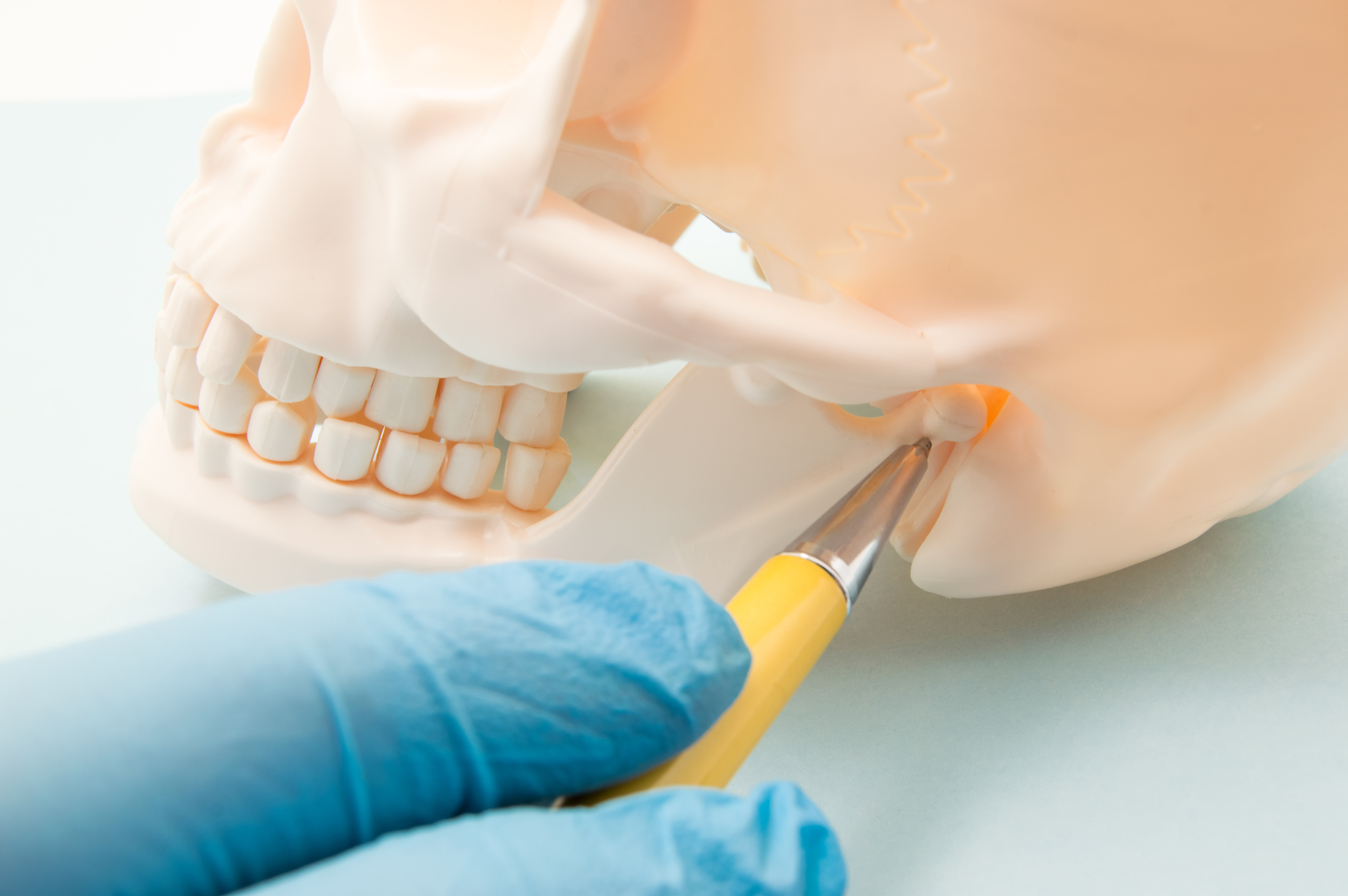
Temporomandibular Joint (TMJ) disorder, also known as TMJ disease, can be prevented or minimized by adopting certain practices and lifestyle changes. Here are some preventive measures you can take:
- Practice good posture: Maintain proper posture throughout the day, especially when sitting or standing for extended periods. Avoid slouching or holding your head in a forward position, as it can strain the jaw joints.
- Avoid excessive jaw movements: Minimize activities that strain the jaw, such as excessive gum chewing, biting nails, or grinding your teeth. Avoid opening your mouth too wide when yawning or laughing.
- Relaxation techniques: Stress can contribute to TMJ disorder. Incorporate stress-reducing techniques like deep breathing exercises, meditation, or yoga into your daily routine to help relax the muscles in your jaw and face.
- Avoid clenching or grinding teeth: If you have a habit of clenching or grinding your teeth, especially during sleep, consider using a mouthguard or splint to protect your teeth and alleviate the strain on your jaw joints.
- Be mindful of your jaw position: Avoid resting your chin on your hand or holding the telephone between your shoulder and ear, as these positions can strain the jaw joint. Be conscious of keeping your jaw relaxed and lips together when not speaking or eating.
- Modify your diet: Incorporate a soft or non-chewy diet if you frequently experience jaw pain or discomfort. Avoid hard, crunchy, or chewy foods that require excessive jaw movements. Opt for smaller, bite-sized portions and chew slowly and evenly on both sides of your mouth.
- Apply moist heat or cold packs: If you experience jaw pain or muscle stiffness, apply a warm moist towel or a cold pack to the affected area. This can help alleviate pain and reduce inflammation.
- Maintain overall health: Adopt a healthy lifestyle that includes regular exercise, a balanced diet, and adequate sleep. Maintaining overall wellness can help reduce stress and improve muscle function, including those in the jaw area.
- Avoid excessive use of electronic devices: Frequently looking down at smartphones or tablets for extended periods can strain your neck and jaw. Take breaks, practice good posture, and hold devices at eye level to reduce the strain on your jaw joints.
- Regular dental check-ups: Visit your dentist regularly to ensure proper dental alignment and address any issues that may contribute to TMJ disorder. Your dentist can provide guidance on proper oral hygiene, bite correction, or recommend further treatment options if needed.
Remember, if you are experiencing persistent or severe symptoms of TMJ disorder, it is important to consult a healthcare professional or a dentist for a comprehensive evaluation and appropriate treatment.
See More on Video

The TMJ No More By Christian Goodman In this eBook the author has shared he has shared his experiences while treating his 12 years old chronic problems of severe tinnitus and TMJ disorders. He has enabled thousands of people all over the world, regardless of their gender, by teaching them how to get rid of their disorders related to TMJ faster than your expectations without using any drugs, mouth guards to splints or facing the risk of any surgery.